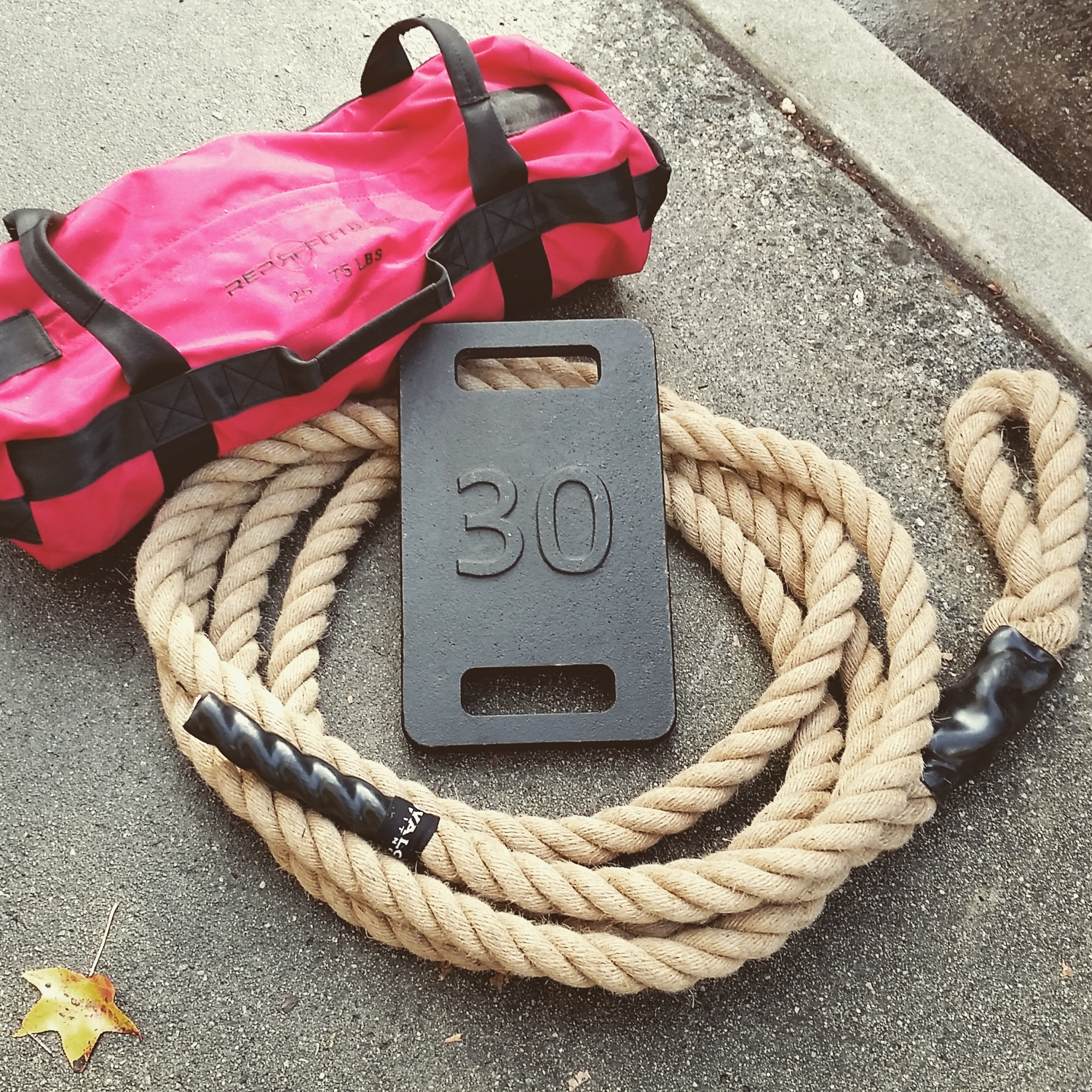
By Robbie Alexander, NSCA-CPT, APDT
“It’s the most wonderful time of the year!” It’s that time of year when the temptations to be lazy regarding our healthy goals are upon us. Starting at Halloween and ending New Year’s Eve, we follow our same annual traditions of feasting at our Holiday parties until the same old feelings of guilt and shame haunt us on Jan. 2. At this time, well-intentioned Americans join gyms because they are pumped with jet-fueled motivational dreams about “starting a work out routine.” Once March 1 rolls around however, life catches up to those big goals which unfortunately get kicked down to the bottom of the priority list. Fortunately, I have a few solutions that may give you a head start on conquering some of your fitness goals for 2020.
Drink water before sports drinks
Eight to ten 8-ounce glasses of water is the daily intake goal but there are days when this goal can seem to be impossible. Clients and friends sometimes ask me why they still feel thirsty when they drink plain water when training. Your body desires electrolyte water more than plain water and without theses minerals, your systems will train less efficiently. Save the sports drinks for after you have been training at a moderate to high intensity for more than 45 minutes.
Make core training your cardio
A common fitness mistake is thinking that cardio is limited to running, cycling, swimming or jumping rope. Cardio or aerobic training is usually defined as low to mid-level intensity training that requires your body to process higher levels of oxygen to meet the energy demands necessary for a longer duration of training. Core training is one of the most important forms of cardio because it combines both the challenges and the benefits of endurance and strength training with aerobic endurance. This type of training will push your body’s systems to their limits.
What exactly is the core? Imagine a supportive muscular girdle from just below your chest, that extends down into your hip region, wrapping around your abdomen and around your spine. This network of musculature is responsible for perfect posture and stabilization during life’s everyday movements. Core training is actually a weak area of fitness for most people and ironically it also is a huge factor for supercharging your metabolism and winning the “battle of the bulge.” A stronger core can attract better health in the lower back. A stronger core also influences the flexibility of the lower back and greatly affect the results you experience when strengthening the lower back. An easy path to core strength is to practice the planking exercises included in the next article.
Next time, we’ll cover a couple beginner’s training sessions for you to discuss with your doctor and use at the beginning of your days that you know you will be feasting with your family during “the most wonderful time of the year.”
As always, remember, real health begins with inner wealth.
You should consult your physician or other health care professional before starting this or any other fitness or nutritional program to determine if it is right for your needs. This publication offers health, fitness and nutritional information and is designed for educational purposes only. You should not rely on this information as a substitute for, nor does it replace, professional medical advice, diagnosis, or treatment. If you have any concerns or questions about your health, you should always consult with a physician or other health-care professional. Do not disregard, avoid or delay obtaining medical or health related advice from your health-care professional because of something you may have read in this article. The use of any information provided in this article is solely at your own risk.






